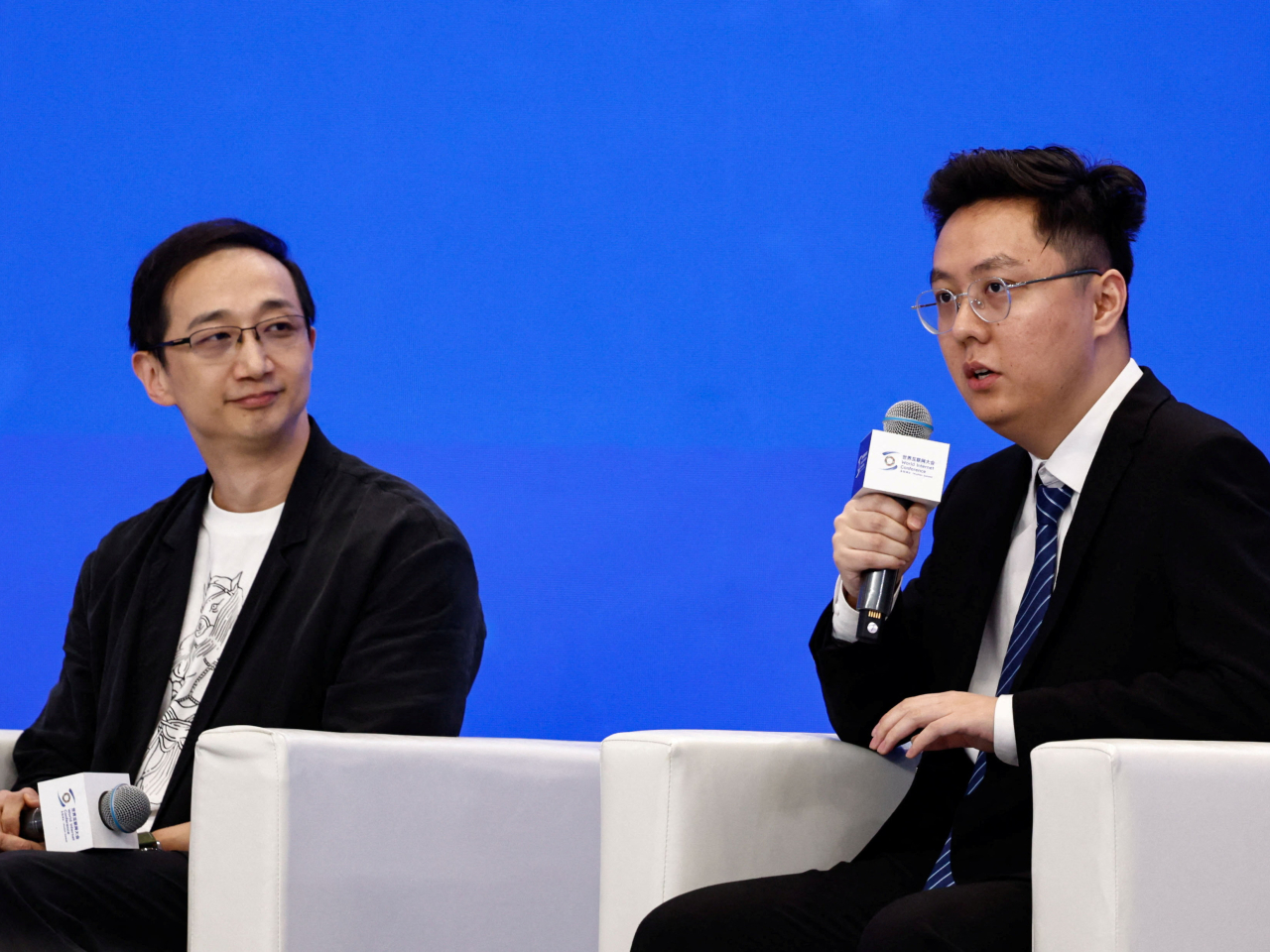Chinese artificial intelligence developer DeepSeek made its first public appearance in almost a year after it became a global sensation, fielding a senior researcher who told a government-organised internet conference that he was pessimistic about AI's future impact on humanity.
Chen Deli took the stage alongside the chief executives of five other companies, including Unitree and BrainCo, at the World Internet Conference in the city of Wuzhen, Zhejiang.
The six companies together are known in China as "six little dragons" for AI.
Asked about DeepSeek's global success and how its open-source approach would encourage the progress of AI, Chen said he believed that AI could be a great aid to humans as it improved over the short term, but that it could threaten job losses in five to 10 years as it becomes good enough to take over some of the work humans perform.
AI firms needed to be aware of these risks, he said.
"In the next 10-20 years, AI could take over the rest of work [humans perform] and society could face a massive challenge, so at the time tech companies need to take the role of 'defender,' " he said.
"I'm extremely positive about the technology, but I view the impact it could have on society negatively."
Since it made global headlines in January after releasing a low-cost AI model that outperformed leading US models, DeepSeek representatives have only made one public appearance when its founder and CEO Liang Wenfeng met President Xi Jinping at a televised meeting with local entrepreneurs in February.
Neither Liang or the company have commented publicly on their success and they have skipped major Chinese technology conferences in the country in the months since.
Since the company's stunning breakout, Beijing has positioned DeepSeek as a symbol of the country's technological capabilities and resilience against US sanctions, as the technology rivalry between the two nations intensifies.
While DeepSeek has not released a major model upgrade since January, the company's subsequent announcements have continued to draw significant attention.
In September, it unveiled an upgrade to its V3 model, which it described as its latest "experimental" version that is more efficient to train and better at processing long sequences of text than previous iterations.
The company has also emerged as a key player in China's efforts to build its own AI ecosystem and advance the domestic chip sector.
Chinese AI chip companies, including Cambricon and Huawei, have developed hardware compatible with DeepSeek's models.
In August, DeepSeek's announcement of an upgraded model optimised for Chinese-made chips prompted a surge in domestic chip stock prices. (Reuters)





